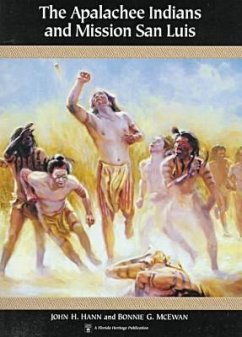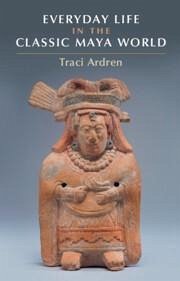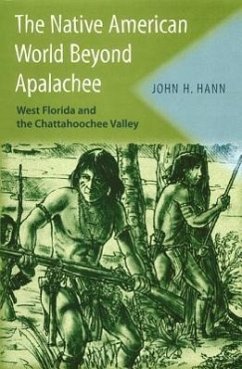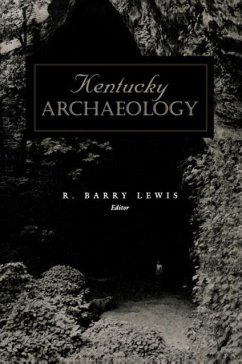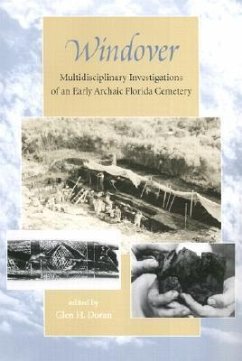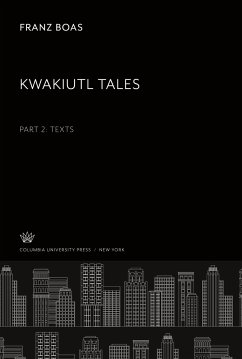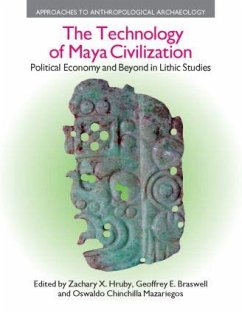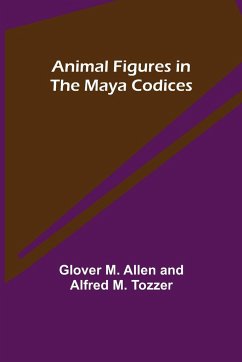
Unconquered Lacandon Maya
Ethnohistory and Archaeology of Indigenous Culture Change
Versandkostenfrei!
Versandfertig in über 4 Wochen
61,99 €
inkl. MwSt.

PAYBACK Punkte
31 °P sammeln!
In 1946, explores stumbled upon two unexpected discoveries in the jungles of Chiapas, Mexico: a treasure of well-preserved Classic Maya murals and a thriving society of indigenous Maya peoples living in the lowland rainforest. Over subsequent decades, these Lacandon Maya were assumed to be the direct descendants of the Classic Maya, who created the spectacular temples and monumental art of the region. As impressive as this lineage may be Joel Palka argues that many scholars have romanticized it at the expense of documenting the substantive social changes the Lacandon experienced after the Span...
In 1946, explores stumbled upon two unexpected discoveries in the jungles of Chiapas, Mexico: a treasure of well-preserved Classic Maya murals and a thriving society of indigenous Maya peoples living in the lowland rainforest. Over subsequent decades, these Lacandon Maya were assumed to be the direct descendants of the Classic Maya, who created the spectacular temples and monumental art of the region. As impressive as this lineage may be Joel Palka argues that many scholars have romanticized it at the expense of documenting the substantive social changes the Lacandon experienced after the Spanish Colonial Period. The Lacandon are unique among the Maya of Mesoamerica because they remained free while other were conquered; the Lacandon Maya were the only Maya people never completely colonized by Spain, which led to specific cultural adaptations to contact. Using new cultural, historical, and archeological evidence, Palka offers the most comprehensive and balanced study of the Lacandon to date. His groundbreaking argument is that other Maya, and not just the Spanish, brought extensive changes to the Lacandon way of life. The unearthing of neglected areas of Lacandon ethnohistory, the synthesis of data from archival and ethnographic studies, and the addition of compelling archaeological information from newly discovered sits all add to this com1plete and richly elucidated treatise of Lacandon cultural change. Palka's study is a fine and significant contribution to the story of the Lacandon Maya and is of interest to archaeologists, ethnohistorians, and anthropologists of the Maya and Mesoamerica as a whole.



